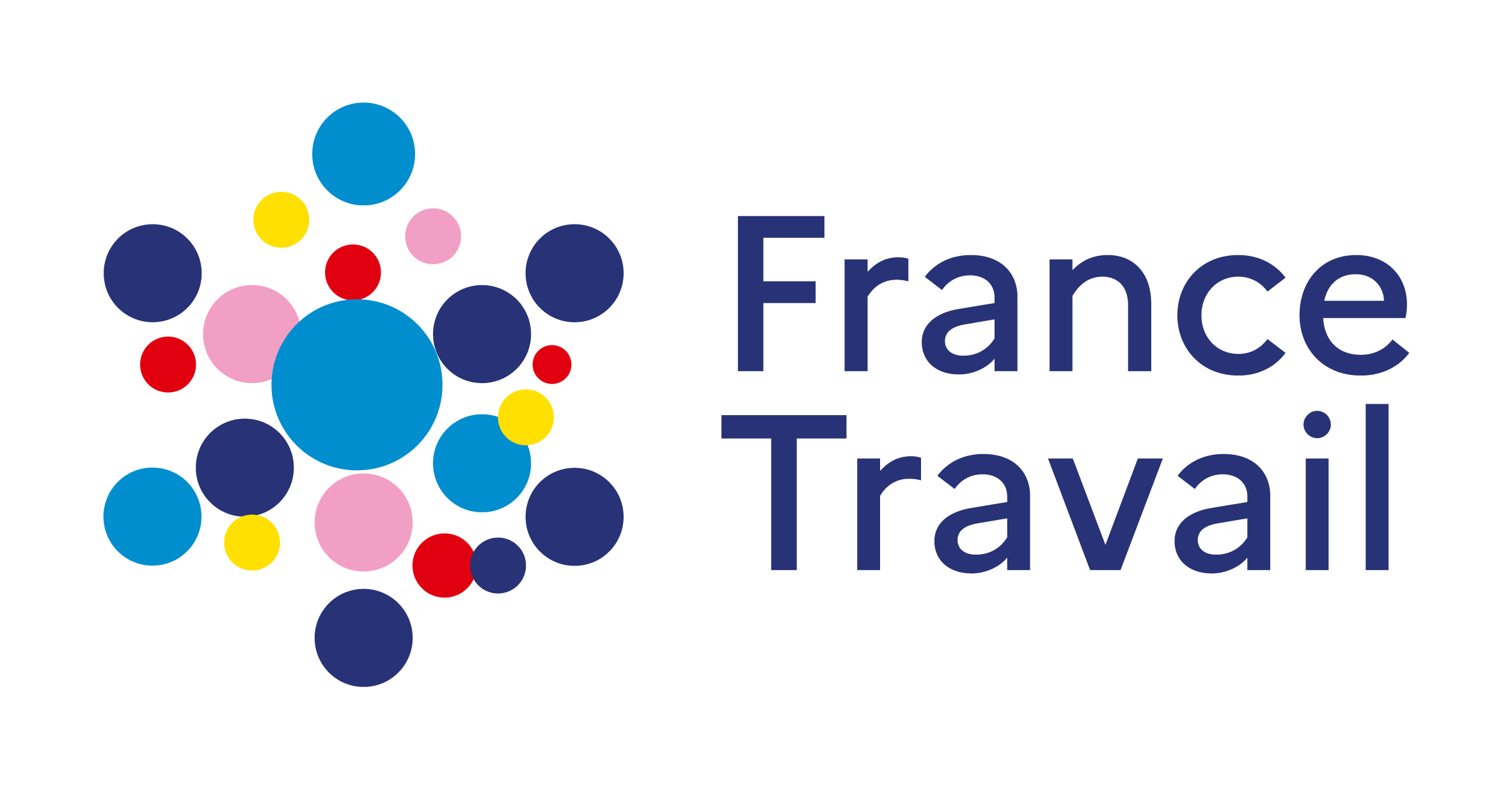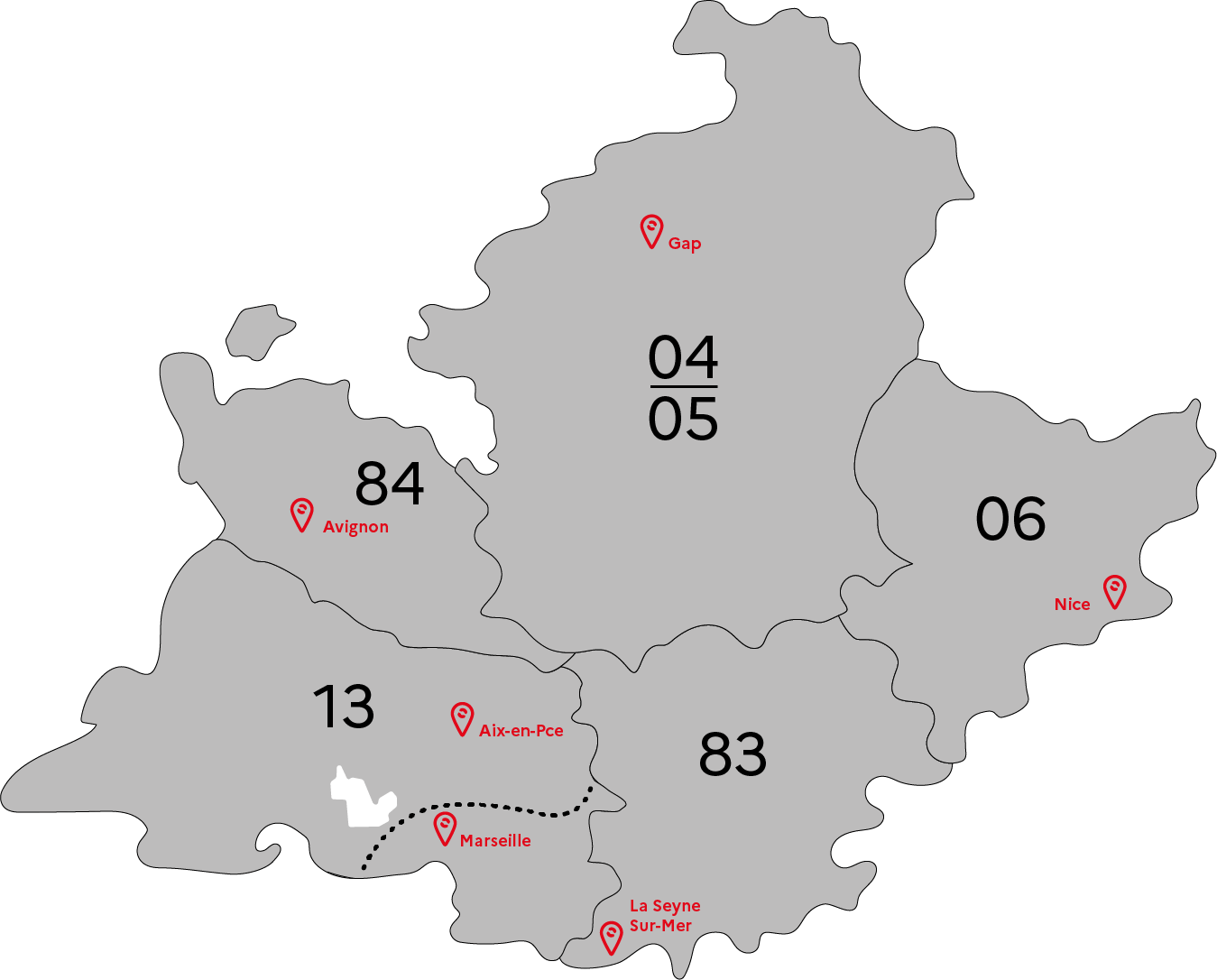To enable jobseekers experiencing communication and professional integration difficulties to acquire the language skills they need for professional integration and social inclusion, by developing autonomy and self-confidence.
COMPREHENDINGUnderstanding a simple conversation on familiar topics
Assimilating key information from an everyday text
Understanding the main points of a familiar professional document
EXPRESSING YOURSELF
Taking part in a conversation on familiar topics or topics of personal interest or concerning everyday life (family, leisure, work, travel and current affairs)
Express yourself orally in a short presentation on familiar topics
Complete a document, a simple form
Write a short text
Module 1 - Listening comprehension : linguistic markers, linking words, temporal markers, common and specific vocabulary, techniques for analysing meaning, phonetics, exclamations, pauses, interruptions, phenomena of emphasis
Module 2 - Reading comprehension : discovery of spelling, the alphabet and alphabetical order, use of the dictionary, overall analysis of text: landmarks (temporal markers, connectors) methods and tools for identifying the overall meaning of a block of text, thematic groupings, translation and reformulation
Module 3 - Oral expression : description, expression of feelings and opinions, cause-consequence connectors, propositions, opposition and refusal, acceptance, speaking in interaction, markers of temporality, expression of ideas and short narratives
Module 4 - Written expression : sound/graphic correspondence, the different writing styles, spelling and the main agreements, complements and determiners, the rules for articles and verbs, the affirmative and negative form, genders and numbers, the usual indicative tenses
Workshop "Job Search Techniques" to prepare for access to employment
Action aimed at jobseekers who have had little or no schooling in their country of origin (unable to read, understand, write a short, simple text of everyday facts in their own language)
.
12 people
Positioning prior to entry into training.
Interviews, remediation with the educational referent and/or company referent during training.
Taking into account beneficiary satisfaction during and at the end of training.
For beneficiaries with disabilities: possible adaptation of training and certification methods, support by the TH referent
In order to improve the quality of our service, you can send us your suggestions or complaints using the form available on our website.
Trainers experienced in individualised learning.
Course evaluations
Skills certificate
Positioning test by appointment.
Interview by appointment.
Present yourself with the liaison form from the prescriber (Mission locale, Pôle emploi...).
Contact us to register for a meeting.
Mastering oral and written communication skills is a prerequisite for sustainable professional integration, whatever the jobseeker's project. Following this training, the jobseeker can aim to join a vocational training course targeting a specific trade.
Access for people with disabilities
Accessible to people with disabilitiesCatering
school restaurant and cafeteria only during school holidays. There are other restaurants nearby.Transport
Regular bus services to the Lycée and the "TED BUS" line on request. Nearby car parkIndividualised training, high-performance tools, professional teams who listen to each individual's needs
Satisfaction rate: 87% out of 7 people who responded to our satisfaction survey
Interruption rate during training: 0%
Overall rate of integration into employment: 0%
GRETA - GIP FIPAN
GRETA - GIP FIPAN


FORPRO-PACA
Réseau Formation Professionnelle
de l'Éducation nationale
FORPRO-PACA IS HIRING
LINKS
